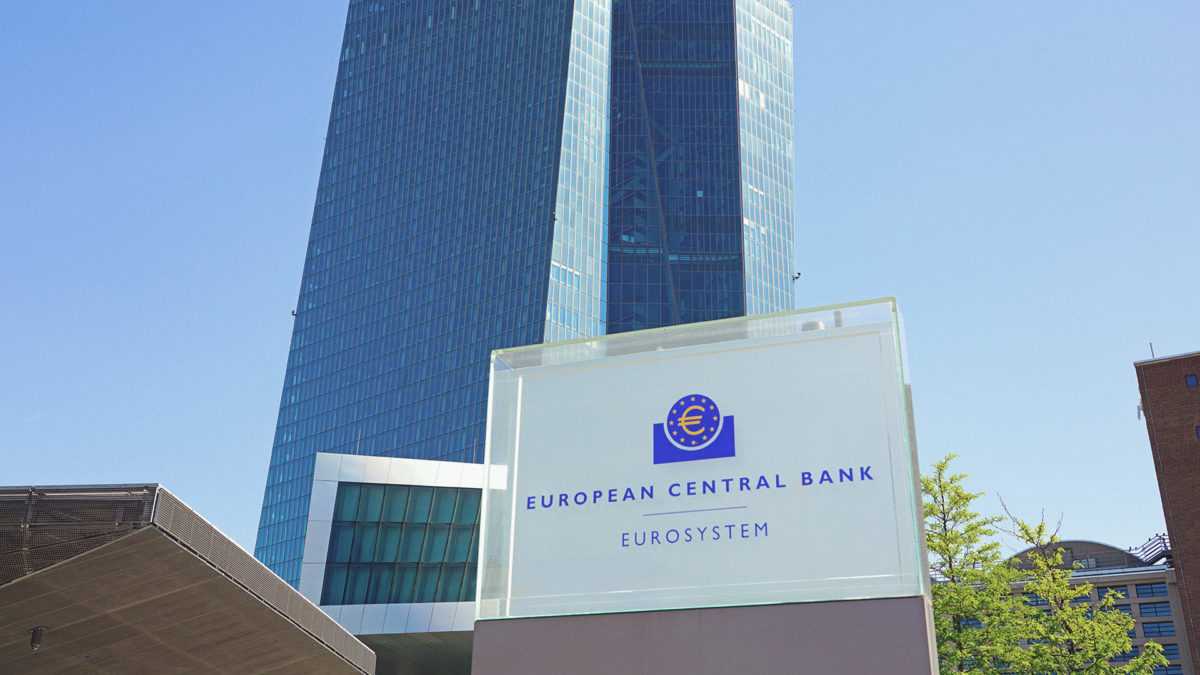ECB: Digital euro survey participants cite privacy, security as key elements


The European Central Bank said that its public consultation on a proposed digital euro generated more than 8,000 responses.
The online consultation began on October 12 and concluded on Tuesday, according to a statement published today. Full analyses of the findings will be published in spring, prior to when the ECB Governing Council will decide whether to launch a digital euro.
Initial analysis of the data of raw data finds that 41% of respondents felt view privacy as the most important feature of a prospective digital euro. Security and accessibility in Europe were also top-of-mind among participants, per the ECB.
Senior officials in the EU have said that a digital euro, if approved and launched, would serve in a complementary capacity alongside physical cash. And digital euro wouldn't happen overnight -- estimates indicate that any roll-out would likely take at least two years.
Fabio Panetta, an ECB executive board member and chair of the central bank's digital euro task force, said: “The high number of responses to our survey shows the great interest of Europe’s citizens and firms in shaping the vision of a digital euro."
“The opinions of citizens, businesses and all stakeholders are of utmost importance for us as we assess which use cases a digital euro might best serve," Panetta was quoted as saying.







